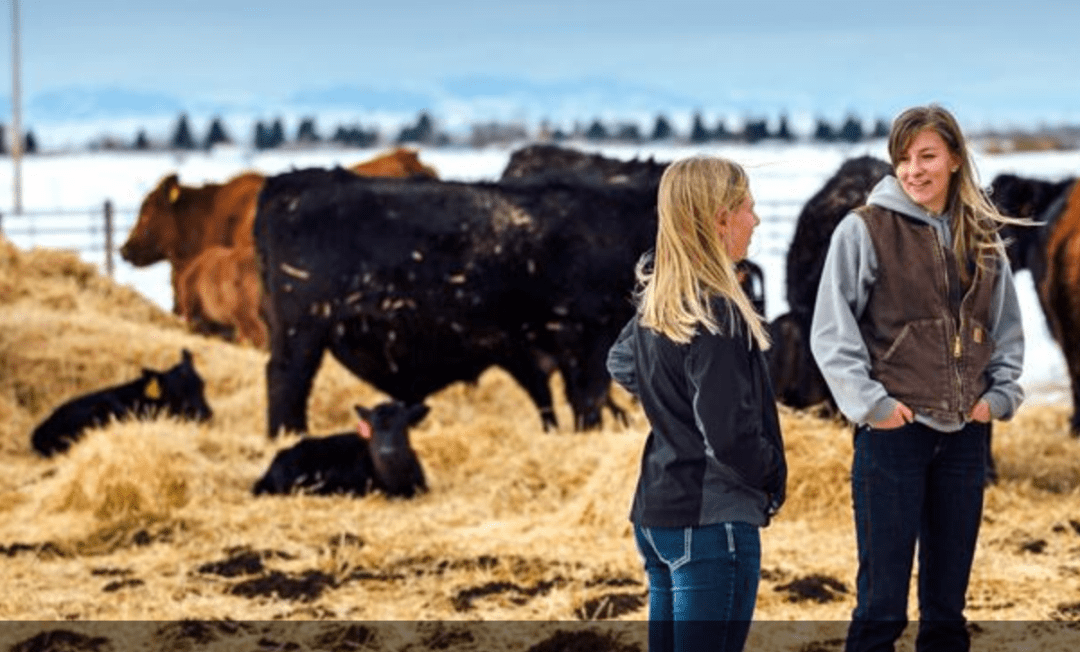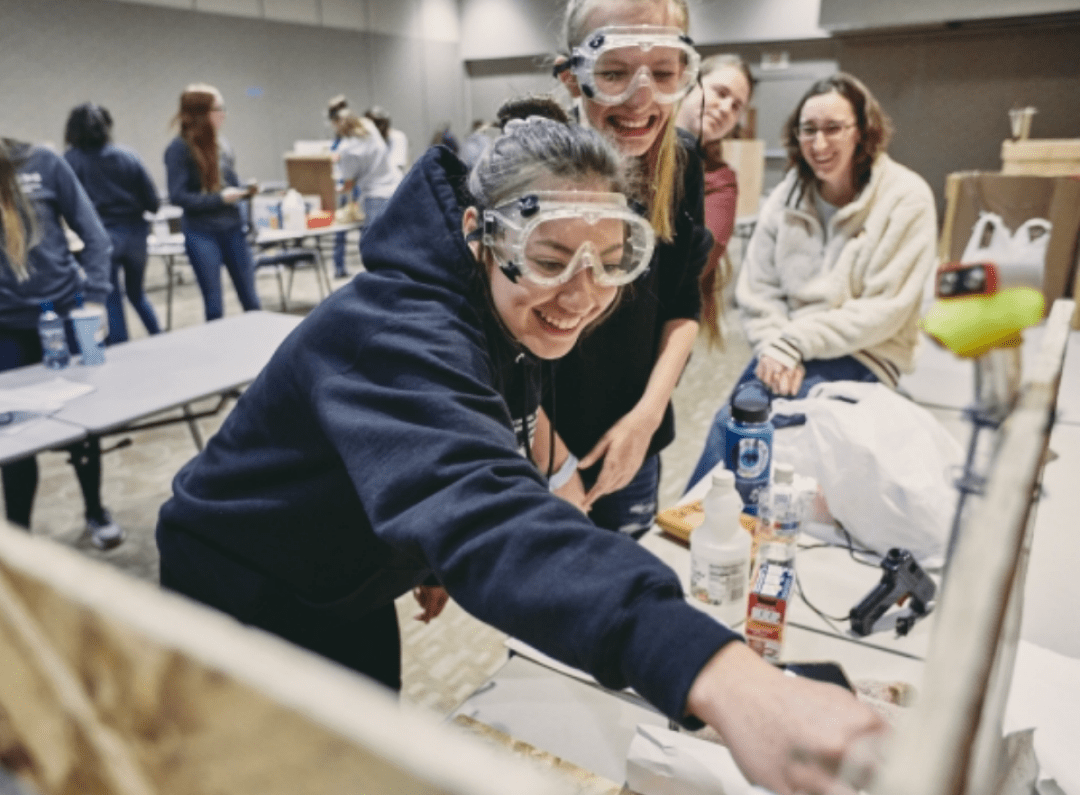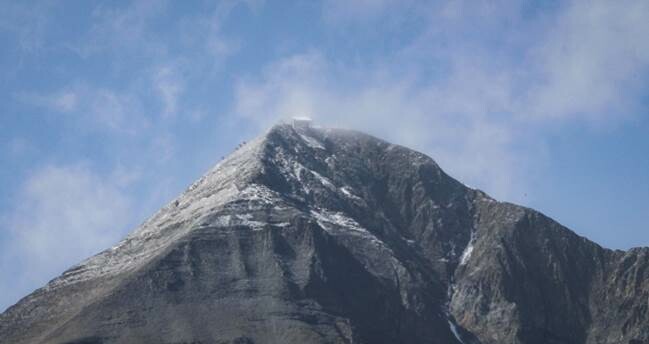Field Trips 101: How to Plan the Perfect Field Trip
Ask any child about their favorite parts of school and you’re likely to come up with a few consistent answers: lunch, recess, P.E., and going home. All of these activities involve doing little or nothing that is related to education. You press some more and you might get an answer of “well, history isn’t that bad, I guess.”
What many children forget are the joys of field trips. While you technically have to go to school, you don’t have to go over any math homework or take any tests. Essentially, it’s a free day or at least a free half-day. But they do provide incredible educational value and benefit.
Now that you’re on the other side of the educational system, you might be in charge of helping plan the trip. You could be a volunteer parent, teacher, or someone in the administration.
If you’re looking for some quick tips on planning a field trip, check below for your short guide.
Research Places Early
When it comes to field trips, there are plenty of unique options out there for children. You could be looking at taking children to a local event or a destination. If you’re looking to take them to a destination, here are some quick ideas:
Police station
Firehouse
Museums
Radio Station
Farm
Nature park
Theater
Cinema
Factory
Many of these places have field trip packages and are used to guiding curious minds through their workplaces. Others might not have programs designed for field trips, but would be more than willing to help or think of a plan.
Some places might require you to fill out forms, requesting information such as dates, the size of the group, age, and more.
When looking for groups, remember to take care of all that early. You might be competing for time with other schools, small groups, homeschoolers or just interested parties.
The Red Tape
If you’re working at school, you’re going to have to get the trip signed off by an administrator. That could be the principal or vice principal. Hopefully, they knew you were planning a field trip and that part will go easy.
But, you’ll have to make sure and have permission forms printed and passed out so parents can sign off. With this process, it’s best to start early as well as students might forget to hand those slips to their parents. Of course, you might want to wait and hand those out to parents until you have the following sorted out...
The Logistics
Once you plan a field trip, you’re going to be responsible for communicating dates, times, drop-off, pick-up, clothes to wear and more to parents, teachers, and students alike.
Be sure and have this information printed off or emailed to everyone involved so you know that everyone has at least seen the information.
One of the most important steps in logistics is planning the transportation. You’ll need to know how many people are coming and what time everyone needs to be picked up. Be sure and speak with a company that has experience doing similar trips or excursions before. Don’t be afraid to call around and find the best rate as well.
In addition to transportation, you’re going to have to figure out the food side. Does the destination offer a food option? Will you be returning to school? Should kids bring their own lunch and you eat in a public place? Is there a restaurant or cafeteria that serves small groups?
Tie it Into the Curriculum
Your field trip may have already been planned with the curriculum in mind but if not, then you can use your field trip experience to the classroom.
Design an activity around the field trip or do something that encourages learning. Think of a homework assignment that kids could do upon returning home. Maybe they could make a presentation of their time there and what they did.
Field trips can be fantastic learning experiences or they can inspire a student to pursue a certain career or discipline. Do what you can to encourage learning. You never know, you might have a future museum curator or firefighter in your class!









News Comments
This is so typical of a sign in, which we should not have to do to check if we or some one in our party got a permit. I have been working or "creating an account" for 30 minutes and just get the same ...
Smith River permit drawing results available
Sunday, Mar. 10, 2024
I have struggled with this podcast and my own participation therein, the event itself obviously traumatic, but beyond that my inability to reach anyone and convey anything resembling truth. The person ...
Billings, MT Case Becomes True Crime Podcast | 'An Absurd Result'
Marktokarski
Saturday, Jan. 20, 2024
Why not leave those cheerful, colorful garlands up longer? What’s the rush?
Main Street Closed Jan 2
Saturday, Dec. 30, 2023
You do not have the authority to determine what may or may not be sensitive lands! This is an example of extreme overreach on your part.
City of Bozeman, Gallatin County Adopt Sensitive Lands Protection Plan
Friday, Dec. 22, 2023